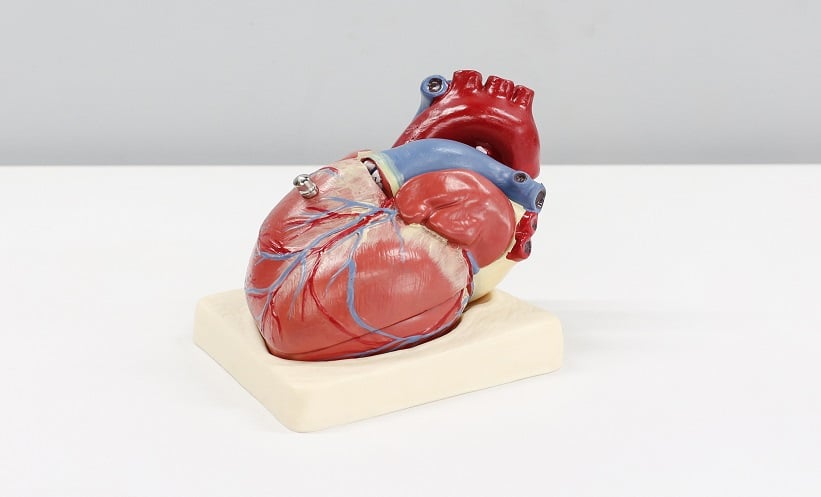CARDIOVASCULAR disease (CVD) risk factors could increase COVID-19 mortality risk in patients with pre-existing CVD, according to new research.
A retrospective analysis, led by Salim Hayek, Department of Medicine, Division of Cardiology, University of Michigan Frankel Cardiovascular Center, USA, aimed to determine whether pre-existing CVD contributed to COVID-19 mortality risk in critically ill patients.
The team reviewed data from 5,133 patients who were critically ill with COVID-19 who had been admitted to intensive care units across 68 hospitals in the USA between 1st March 2020 and 1st July 2020. Of the 5,133 patients, 1,174 had a pre-existing CVD diagnosis. On preliminary analysis, pre-existing CVD diagnosis appeared to increase 28-day mortality risk. However, after stratifying for individual cardiovascular risk factors, the association was not statistically significant. Stratification revealed that independent CVD risk factors themselves contributed to mortality risk; with age, body mass index, race and ethnicity, and smoking history yielding the highest risk.
Following this, cardiac troponin levels as a marker of cardiovascular stress were reviewed. The analysis showed that higher troponin levels were associated with worse outcomes. Hayek commented that “cardiac injury is a surrogate marker for the severity of the COVID-19 illness.” However, definitive conclusions could not be drawn as troponin levels were only available for 2,741 patients.
Overall, the results indicate that CVD risk factors, rather than CVD itself, contribute to increased mortality risk in critically ill patients and that cardiac injury is associated with worse outcomes. Hayek stated that the study was limited because did not include many patients with severe CVD or heart transplants and therefore, generalised conclusions could not be drawn.
Additionally, Tracy Y. Wang, Duke Clinical Research Institute, Duke University Medical Center, Durham, North Carolina, USA, discussed how those with CVD are still at greater risk of dying from COVID-19, but the study clarified that it is not the “fact that they previously had heart disease,” but rather that the individuals “overall health status” increases their risk. The study does however highlight how implementing pre-emptive preventative measures to reduce CVD risk factors could improve outcomes for people with pre-existing CVD in the event they did acquire COVID-19.








